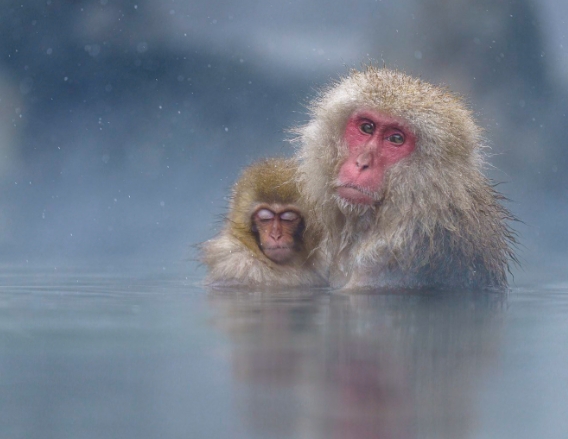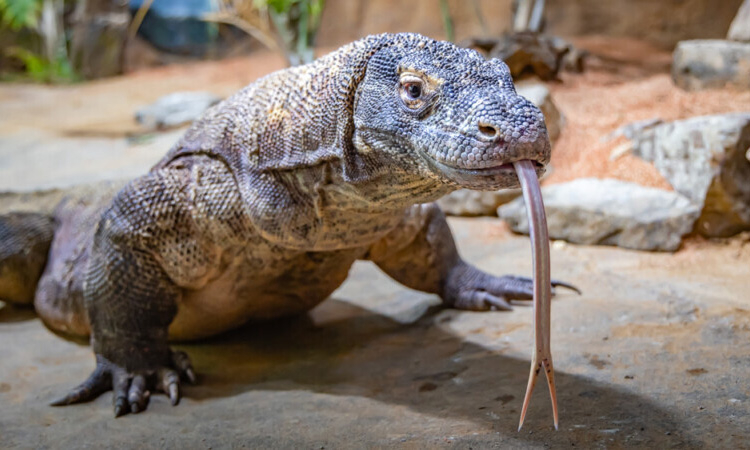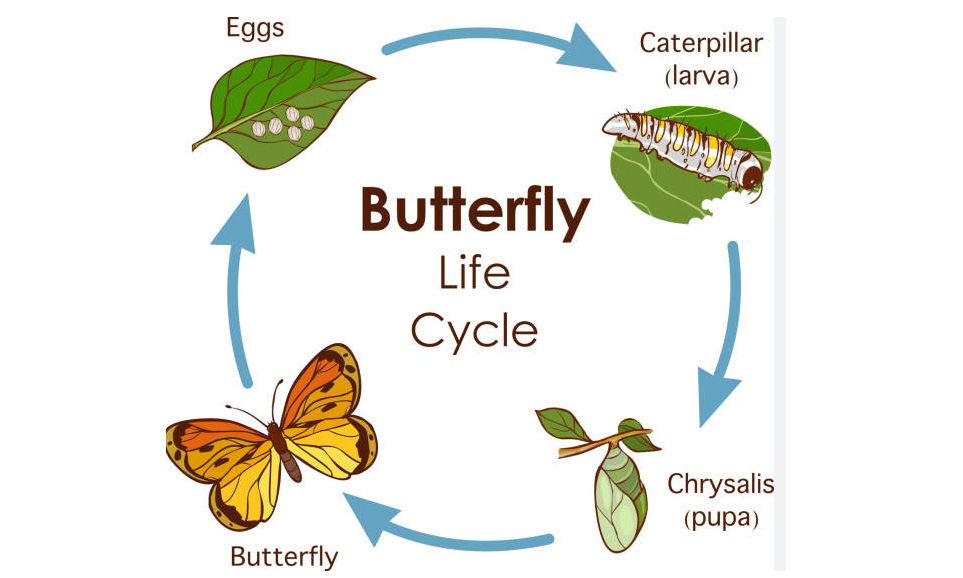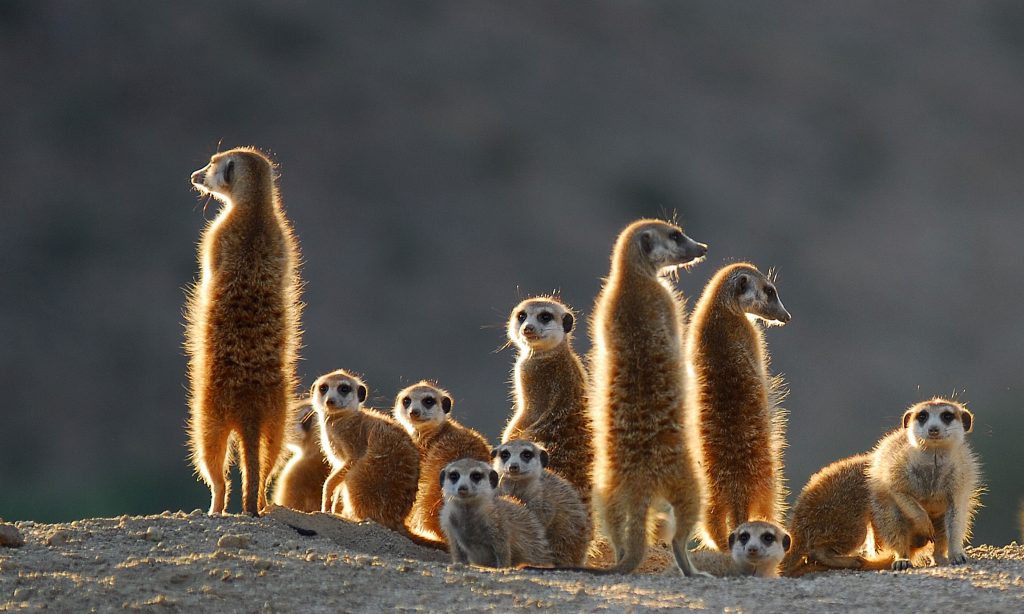Fuscata monkeys, also known as Japanese macaques, are a species of primates found in various parts of Japan. These monkeys are known for their distinctive features and fascinating behaviors that have captured the curiosity of many wildlife enthusiasts.
The Fuscata Monkey’s Physical Characteristics
Fuscata monkeys are easily recognizable by their reddish-brown fur and distinctive pink faces. They have short tails and are known for their small, compact bodies. These monkeys are highly adaptable and can be found in a wide range of habitats, from forests to mountainous regions.
Social Structure and Behavior
Fuscata monkeys live in large social groups called troops, which are typically led by a dominant female. They are known for their complex social behaviors, such as grooming each other to strengthen social bonds and maintain group cohesion. These monkeys also have a strict hierarchy within the troop, with dominant individuals having the highest status.
Diet and Feeding Habits
Fuscata monkeys are omnivores, meaning they eat a variety of foods including fruits, seeds, leaves, insects, and small animals. They are known to be opportunistic feeders and will forage for food throughout the day.
Intelligence and Tool Use
One of the most fascinating aspects of Fuscata monkeys is their intelligence and ability to use tools. These monkeys have been observed using rocks to crack open nuts, sticks to dig for insects, and even using leaves as makeshift umbrellas to shield themselves from the rain.
Conservation Status
Despite their adaptability and resourcefulness, Fuscata monkeys are facing threats to their survival due to habitat loss and human encroachment. Conservation efforts are underway to protect these fascinating primates and ensure their continued presence in the wild.
In conclusion, Fuscata monkeys are truly remarkable creatures that offer a glimpse into the complex world of primate behavior. By learning more about these fascinating animals, we can better appreciate the importance of conservation efforts to protect their natural habitats and ensure their long-term survival.




